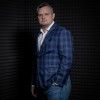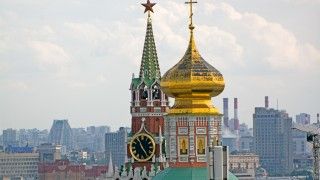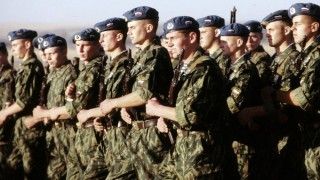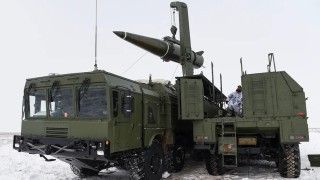- ANALIZA
Could Poland Build a Future Main Battle Tank with the South Korea? [ANALYSIS]
Within the context of the new main battle tank that is to be developed in Poland within the scope of the “Wilk” [Wolf] programme, German-French Main Ground Combat System (MGCS) project is mentioned quite frequently. However, the implementation of that initiative may be running late (after 2035), considering the Polish requirements. We also do not really know whether Poland would be authorized to participate. Taking the circumstances above into account, other, alternative options are also being considered. One of those options is the proposal made by the Korean Hyundai Rotem company. Not only is the above entity experienced in design of combat vehicles, it also has some significant expertise at hand, related to industrial cooperation.
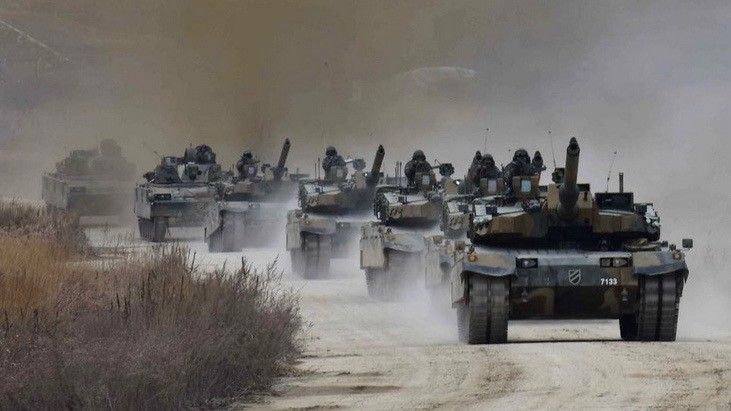
K2 Black Panther MBT has been designed in South Korea. The Korean designers analyzed virtually all of the western vehicles belonging to this class (M1 Abrams, Leopard 2, Challenger, Merkava) also getting some inspiration from the Russian T-80U that has been operated by the Republic of Korea since the 1990s. Before that happened, the Korean engineers had been gathering experiences when working on K1 and K1A1 main battle tanks, with domestically developed solutions implemented on a US-designed ROKIT project (Republic Of Korea Indigenous Tank). Seoul’s ambition in the 1990s however, was to create an entirely new vehicle using the technologies and know-how available domestically. This marked the beginning of a programme resulting in rolling out of the prototype in 2008. K2 main battle tank entered the series manufacturing phase in 2013.
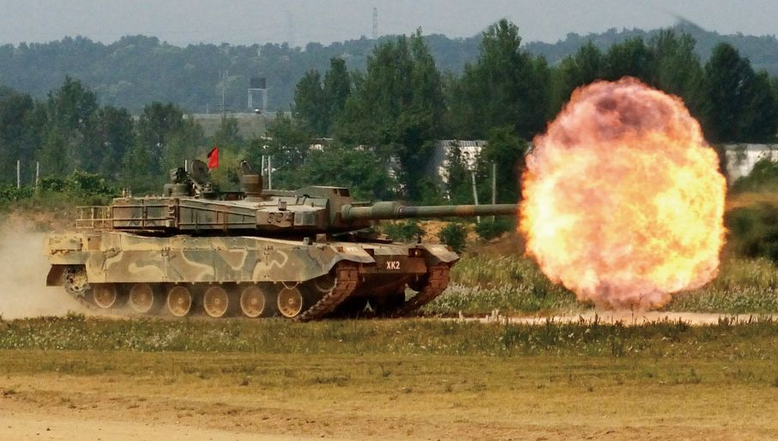
K2 Black Panther has been tailored to meet the requirements of the South Korean military. It is, however, a typical Main Battle Tank designed with the contemporary warfare requirements in mind. It features solutions such as a modern optoelectronics suite enhancing the crew’s situational awareness, fire control system fitted with autotracker, C4 IVIS command system, active self-protection system, hydropneumatic suspension with adjustable clearance and powepack offering 1500 HP of power, providing the vehicle with a favorable power to weight ratio. K2 has been fitted with the Korean Hyundai WIA 120 mm gun featuring a 55-calibre long barrel. The Koreans have the rights to develop and export the K2 MBT.
The first batch of around 100 vehicles was manufactured between 2015 and 2016. The second batch (also around 100 examples) came off the production line between 2018 and 2019 – the final examples are being manufactured at the moment. Production of the third lot has already been planned. The manufacturer also expects the fourth order to be placed, with regards to an unknown quantity of main battle tanks. However, this order is yet to be confirmed.
As production progresses, solutions are introduced, aimed at making the Korean industry less dependent on external suppliers. The first batch of 100 vehicles features a German-made powerpack. However, this stemmed from the fact that work on an indigenous Korean solution was not finalized at the time. The second batch uses a Korean engine already. However, it still features a German drivetrain. As we have unofficially learned, the gearboxes and transmission have already been developed with testing happening now, with quite significant advancements made within that regard. This means that Korean powerpack is considered to be used in case of the third and further production lots.
The Korean military and Hyundai Rotem are also involved in talks concerning further development of the K2 main battle tanks. The above refers to implementation of a remote-control weapons system, 360-degrees observation systems, hard-kill self-protection systems and “other” solutions. Modernization of the gun is also considered as a viable option in a longer run. According to the information we have obtained, the modernization concept pertaining to the K2 main battle tank is still "flexible", thus, no clear definition of its nature has been formed. The upgrades are expected to be implemented during the factory overhauls.
K2 main battle tanks are also an interesting offering on the export market. The manufacturer did not confirm the rumors suggesting that Qatar is interested in the tank in question.
However, some Middle-Eastern states reportedly expressed their interest in the design. One of these states carried out dynamic tests of the K2 MBT successfully, live fire tests included, in collaboration with Hyundai Rotem. The final offer has been placed already. The manufacturer is still waiting for a relevant decision.
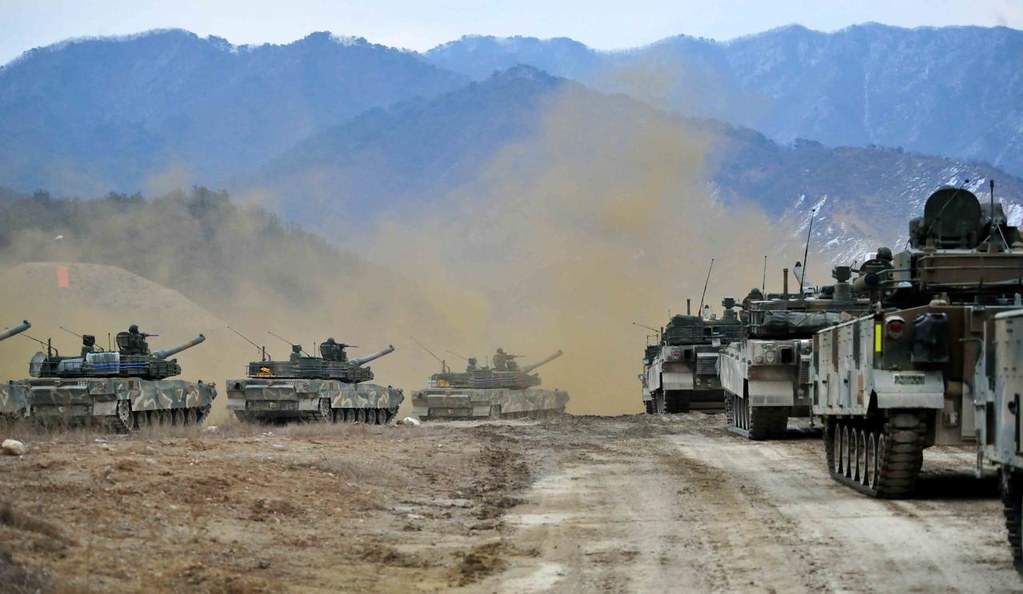
K2PL - What is it all about?
K2PL main battle tank has recently been mentioned in the Polish public sphere quite often, with regards to a Korean offer for Poland. This, automatically, created an association with a scenario of procurement or license manufacturing of this main battle tank (with minor modifications possible) at the Polish production facilities. The discussion involved a number of arguments, for instance suggesting that K2 is a vehicle that has been designed specifically for the Korean military, so mainly for operations within the Korean Peninsula. Hence its lower silhouette that can only accommodate crews of lower height. The above may mean that ergonomics could be limited by the dimensions of the crew compartment. The Korean representatives, however, emphasize the advantages of solution as such. The tank is lighter than the latest Leopard 2 or Abrams platforms and has ergonomics surpassing the T-72-family vehicles. The manufacturer remains open however, to developing of a derivative tailored to domestic requirements.
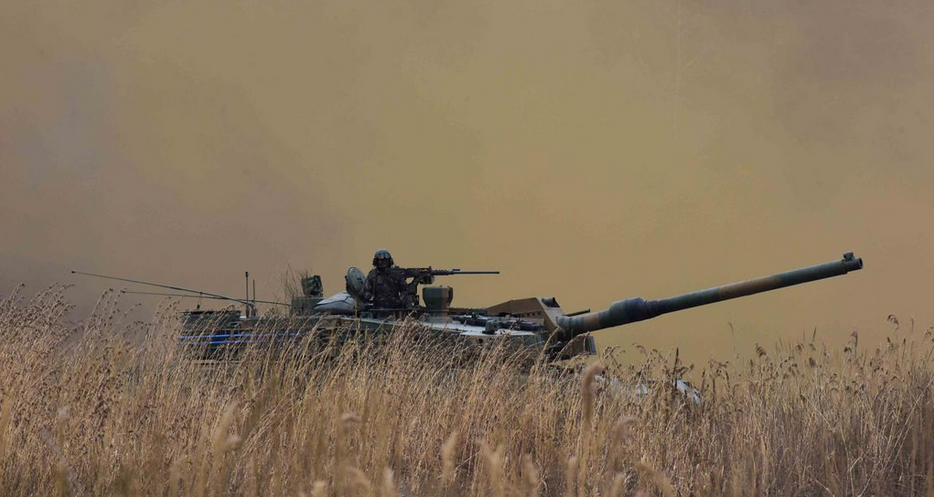
Acquiring the K2 “off the shelf” or following a modest ‘polonization’ project is another option on the table. It seems that new main battle tanks could be delivered relatively quick in a situation as such. The tanks that were and are manufactured to meet the demand of the Korean military have been series manufactured in Korea. The delivery term would be extended, should a decision be made to establish a K2PL production line in Poland. At the same time, Polish personnel would need to receive training at that line.
Hyundai Rotem encourages the customer to follow another business model, on the basis of the K2PL programme concept - it is similar to the one adopted by Turkey in case of its Altay new generation main battle tank. The above means that the Poles would define the requirements and then the main battle tank in question would be designed jointly with the Polish industry. Then manufacturing equipment or know-how, documentation and technologies would be transferred to Poland. Not only is the Korean partner keen on providing his knowledge to the Polish experts in a form of technical documentation, but also in practical form or even as joint, long-running work at the Polish manufacturing facility. The above is to make it possible to fully transfer the experience to the Polish employees, work mentality, organization and approach to technology included.
A new generation main battle tank could be created, compliant with the Polish requirements and based on a broad range of modern solutions, capable of facing the future challenges. It cannot be ruled out that design as such could exhibit capabilities surpassing the K2 that is still a subject to modernization.
The Koreans are very much interested in taking part in the Polish modernization process, as it may involve amounts of up to several billion zlotys. The proposals demonstrated also involve financing assistance. However, it was also noted that considerations as such are in their infancy at Hyundai. They would be scrutinized, should a need as such emerge.












